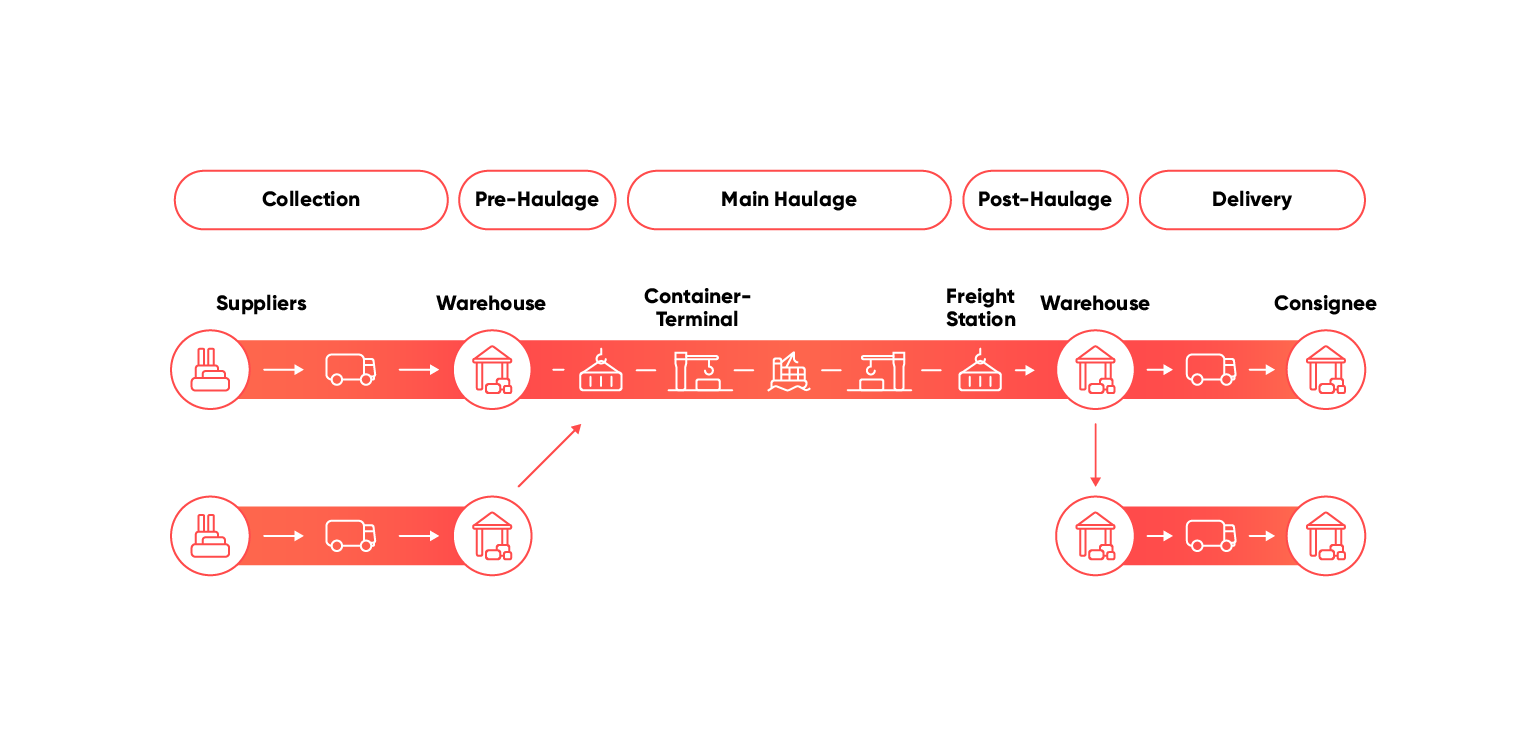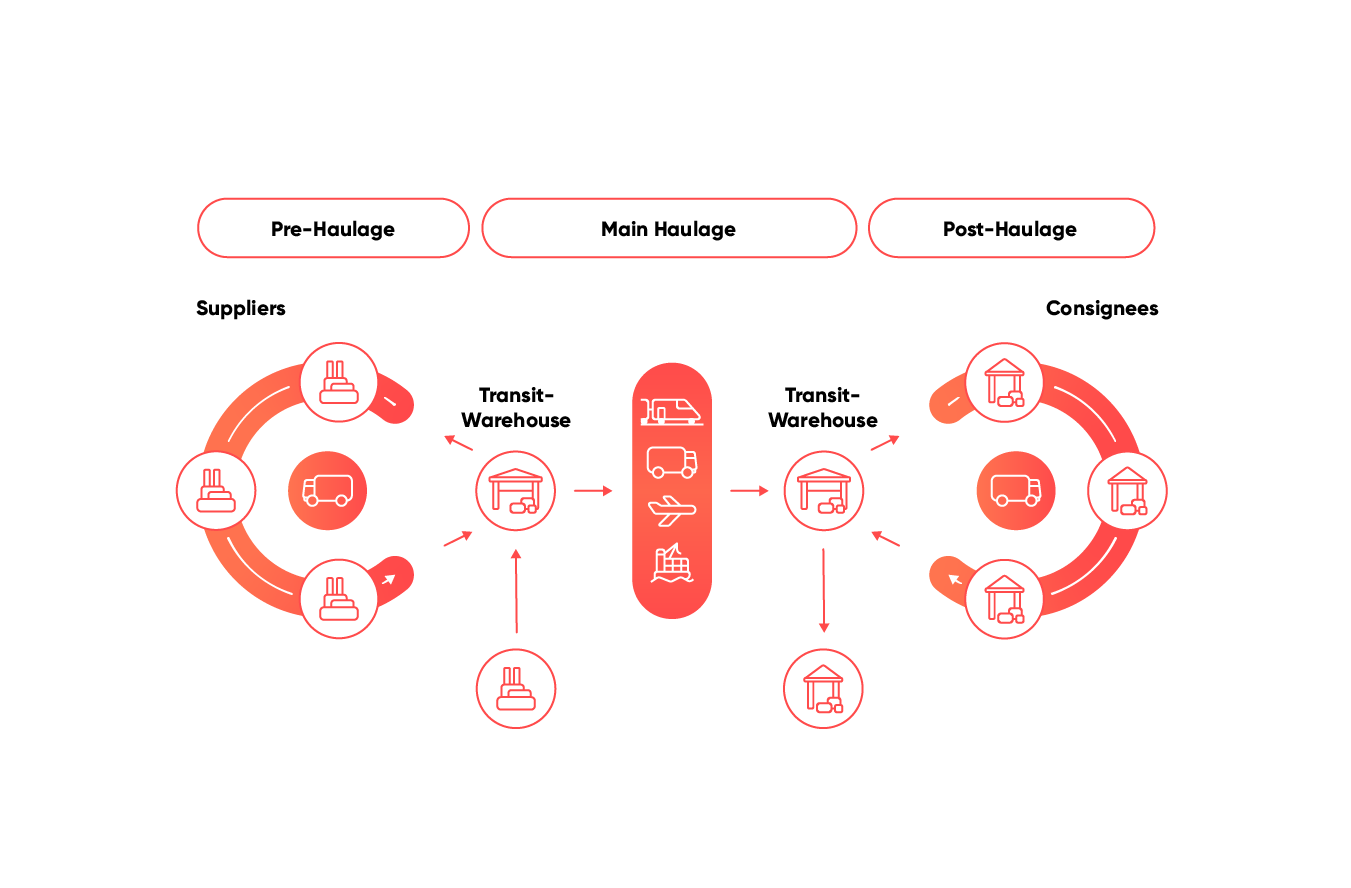In combination with SAP EWM, the transit warehouse functionality for logistics service providers closes an important gap in comprehensive warehouse and logistics solutions. Specifically, in addition to the transport processes, all relevant logistics processes in the area of warehousing can thus be covered on a single platform (SAP Supply Chain Execution). Examples are cross-customer consolidation and deconsolidation processes and the efficient operation of multi-customer centers.
The increasing demand for comprehensive contract logistics solutions is forcing service providers to be able to master logistics and warehousing as well as traditional transport services. Integrated holistic solutions are no longer a unique selling point of a few large players. Rather, these are a basic prerequisite for being successful in the market.
System landscapes that have grown over the years are often very heterogeneous and therefore complex and still have functional weaknesses:
- Transport and logistics processing in different systems
- Integrated customer processing is personnel-intensive and prone to error
- Lack of consolidation possibilities in transport and logistics (pooling)
- No holistic management of warehouse and shipping units (pallets, freight units)
As a fully integrated Supply Chain Execution (SCE) platform, SAP TM and EWM helps shippers, freight operators, and logistics service providers optimally in the daily provision of services for their customers. The close interconnection of both systems efficiently supports operative planning and execution activities, avoids redundant data storage, and thus facilitates focusing on customer needs. In concrete terms, the SAP SCE platform with its transit warehouse functionality offers service providers the following added value:
- Tracing of handling and freight units across complex logistics networks
- Mapping of transit warehouses to consolidate freight in the LTL business (cost savings due to increased resource utilization)
- Comply with air transport safety and seal management regulations
- Freight goods handling on package unit level, not on the product level
- Comprehensive use of planning data (planned deliveries, etc.) and business documents (transport orders, etc.)
The operation of complex hub structures and the associated requirements on operators require integrated solutions. With SAP TM and EWM, logistics service providers have a high-performance system platform for fulfilling current and future customer requirements quickly and efficiently.



